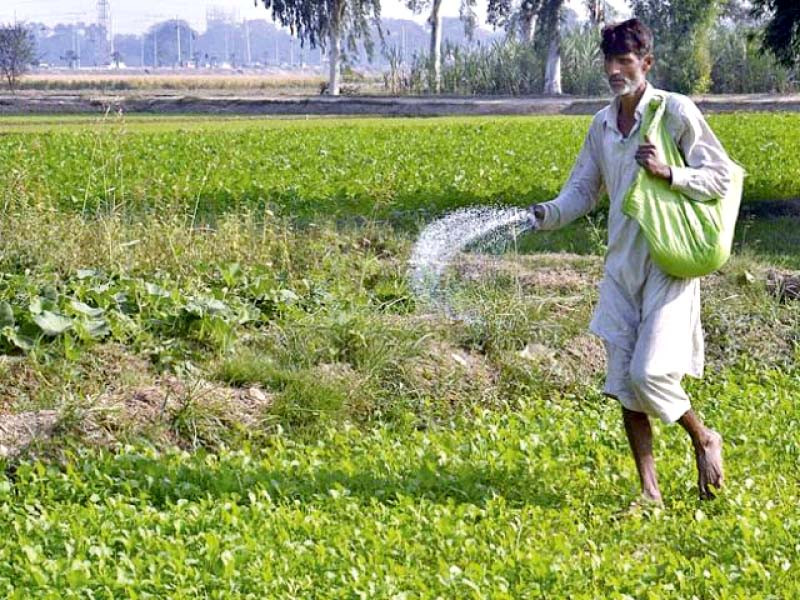
ISLAMABAD: The fertiliser review committee, which met here, insisted that a significant part of urea demand would be met domestically, however, a summary for import of 200,000 tons of urea would be prepared to bridge the gap before demand peaked in June during the Kharif sowing season.
Federal Minister for Industries and Production Makhdoom Syed Murtaza Mahmud chaired the meeting, which was attended by representatives of fertiliser manufacturing industry, officials of the Finance Division, Petroleum Division, Ministry of National Food Security and Research as well as officials of provincial agriculture departments.
They discussed the domestic production and demand for fertiliser in the Kharif season.
The meeting was briefed that the domestic production of urea would be 3.2 million tons from April to September 2022 whereas the commodity offtake would be around 3.4 million tons in the same time period.
There would be 2% increase in agronomic demand for fertiliser this year. Last year, urea sales went up by 17%.
In order to curb hoarding and profiteering, leading to smuggling of urea across the border due to a high price differential, the meeting participants decided to take strict measures in cooperation with the law enforcing agencies, Federal Board of Revenue (FBR) and Ministry of Interior to thwart across-the-border smuggling of urea.
Speaking on the occasion, the industries and production minister said that the government had geared up to ensure smooth, adequate and timely supply of key soil nutrients to farmers during the Kharif season and decisions would be taken accordingly.
He said that the government would make all-out efforts to provide urea to farmers at affordable prices.
The committee also discussed the recent price hike for urea from Rs1,768 to Rs1,933 per bag on average, while a company increased the price up to Rs2,017 per bag despite the government supplying gas (approximately 80% constituent of urea price) at subsidised rates.
The fertiliser industry responded that prices were increased due to the financial cost of holding inventory and pending release of subsidy and tax refunds from the national exchequer.
The ministry noted that the government had the option of conducting a forensic audit, which may be exercised if urea prices continued to increase during the Kharif season.






